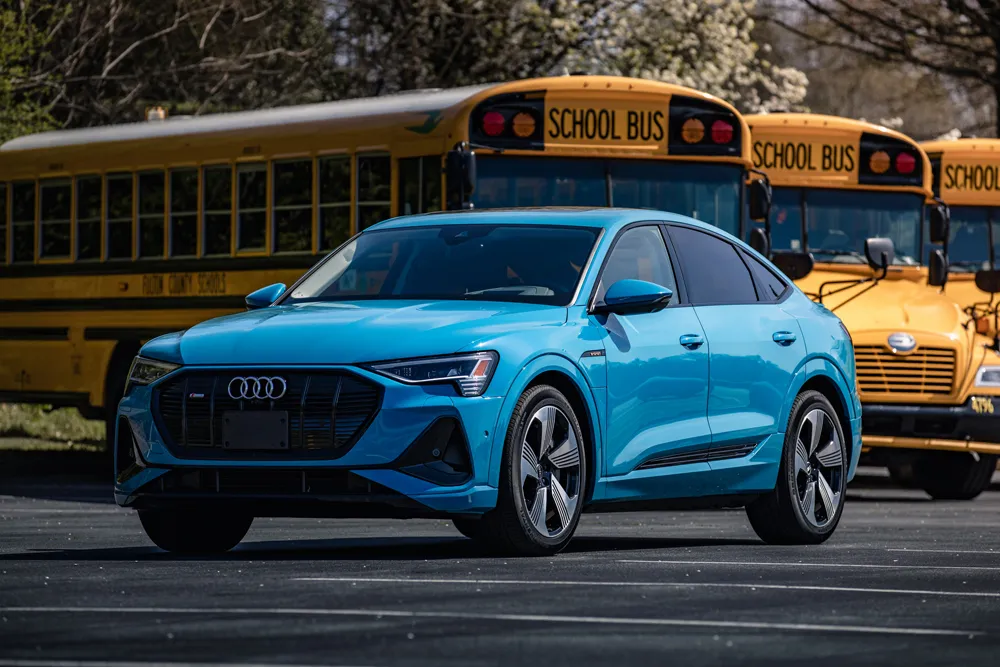
The UK city of Leeds’ planned clean air zone (CAZ) is no longer required – because businesses have already switched to cleaner vehicles.
A review by Leeds City Council and UK central government found this means air pollution in Leeds on key routes is “below legal limits and is not likely to exceed them again - even if traffic were to return to ‘normal’ levels or slightly higher”.
Another UK city, Birmingham, recently announced its own central CAZ will be introduced in 2021.
But Leeds says there is now no need in its case: more than 90% of buses and 80% of heavy goods vehicles driven in the city now use cleaner Euro VI engines – so would not be charged, even if there were a CAZ.
Nearly half the city’s licensed taxi and private hire cars are also now hybrid or electric.
“We didn’t expect it this early,” a council spokesman admitted to ITS International.
“There has been a massive shift in the number of vehicles that are compliant. But CAZs were always designed to be temporary measures – the aim is to accelerate improvement as quickly as possible.”
The council is asking the UK government to be allowed to keep £6.9 million of CAZ funding to continue offering grants to local firms to switch to cleaner vehicles, and will be able to keep and repurpose the ANPR cameras which were installed to monitor and enforce the zone.
"In the unlikely event that air quality declined for any reason, the council retains this infrastructure and could seek support from central government to introduce a CAZ," it said.
The council is now considering the voluntary introduction of stricter air quality guidelines along the lines of World Health Organisation recommendations.








